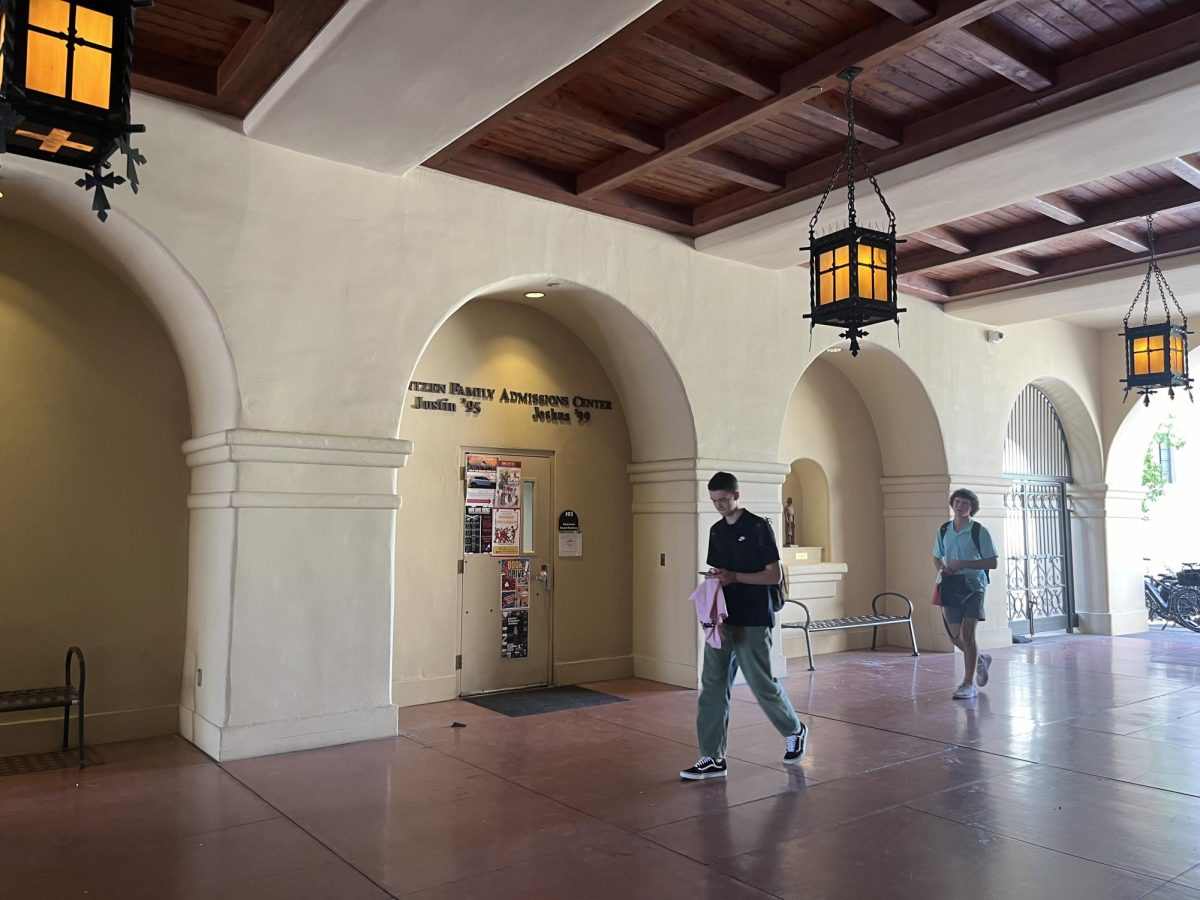Legacy admissions have been in the limelight in recent years for colleges, but this practice is not as dominant at Brophy compared to certain colleges.
Legacy Admissions is the practice where people whose relatives attended the university or high school, have preferential treatment in their admissions process. This can create advantages for legacy applicants who on average are accepted at higher numbers than other students. Legacy students are also majority white. This practice was not found in Brophy’s admissions, although legacy still matters.
According to an analysis conducted by Opportunity Insights, a Harvard research group, Legacy applicants at top universities are usually more qualified without their legacy considered. The data shows they are 33% more likely to be admitted than someone with the same test scores without their legacy status considered.
They have this advantage because they grow up in more educated families who may be more able to pay for a private school or expensive extracurricular activities according to researchers at Opportunity Insights.
This study also found that legacy applicants would have an 11% acceptance rate at a school with a 9.5% acceptance rate without their legacy status considered.
However, when an applicant’s legacy is factored in, their chance of admission skyrockets. On average legacy students are 4 times more likely to be accepted. Another study shows that they will have a 37% chance of admission at a school with an acceptance rate of 9.5% with their legacy considered. This has become a source of argument in the past years as 7 out of 10 legacy students are white. The wealthiest 0.1% also have the highest advantage because they are 7 times more likely to be accepted.
Brophy Admissions started with a method of sorting applications based on High School Placement Test scores, but it has evolved to a holistic sorting method based on all aspects of the application. Mr. Mike Ward, the director of Admissions and alumni relations, created this system by incorporating certain aspects of admissions criteria from other Jesuit high schools.
This process looks at the whole applicant, not just grades. It incorporates the applicant’s extracurricular activities, grades, HSPT score, recommendations, and disciplinary record, among other criteria. This also includes legacy, although its weight differs from most elite college admissions. Mr. Ward acknowledged that a legacy does give a boost, but it doesn’t guarantee you getting accepted to Brophy. Mr. Ward said that if a legacy doesn’t get accepted, there is something in his file that is not up to Brophy’s standards, but if a legacy gets in, he most likely would get accepted into Brophy regardless of his legacy.




















